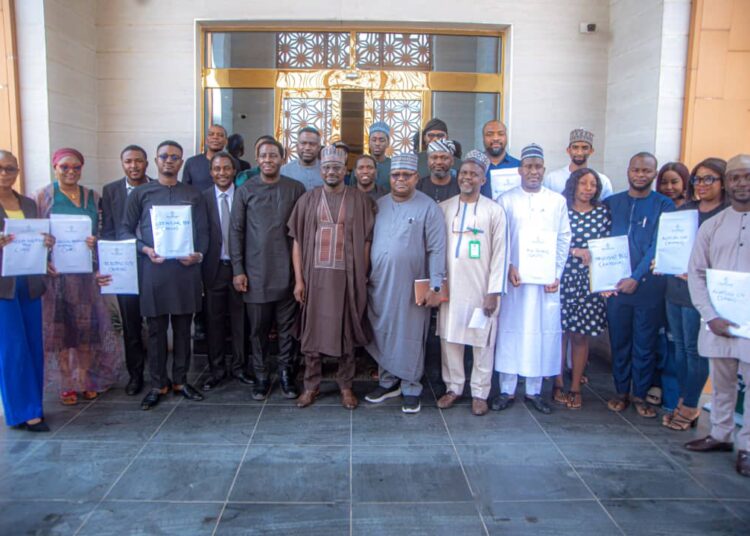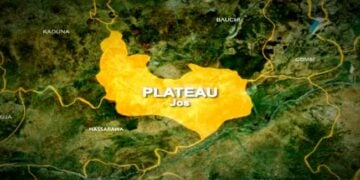The Rural Electrification Agency (REA) has advanced the implementation of the Africa Mini-grids Program (AMP), as it awarded 18 renewable energy developers with $5.91 million grant agreements for the development of 23 additional mini-grids across six geo-political zones in Nigeria.
Launched in 2022 and currently active in 21 countries, the Africa Mini-Grids Program (AMP) is being funded by the Global Environment Facility (GEF) and supported by the United Nations Development Programme (UNDP) in Nigeria.
According to REA, 23 agricultural sites have been prioritised for the pilot phase of AMP. The sites were centered on diverse agricultural activities including grain processing, enhancing energy efficiency in staple food production, non-grain processing, strengthening support and value addition for cash crops and other agro by-products and Cold Storage, to reduce post-harvest losses and enabling access to cooling and refrigeration solutions.
Speaking on the Agency’s partnership with the GEF and UNDP, chief executive officer of REA, Abba Abubakar Aliyu, explained that the AMP aligns with the federal government’s focus on the optimising decentralised renewable energy solutions to catalyse growth and unlock opportunities especially in the agricultural sector.
According to him, “REA’s focus on energy access for agricultural productivity is deliberate as agriculture remains a central industry that will aid economic growth and inclusion, if well harnessed. Beyond powering homes, the implementation of the AMP will energise businesses, strengthen innovation in the sector, foster job creation, and reduce energy poverty across the country.”
The AMP grant award ceremony, which was convened by the REA on Friday, signalled the kick-off of the development of 23 additional mini-grids across six geo-political zones in Nigeria, with capacity ranging from 30Kwp to 200Kwp.
The intervention was designed to impact over 70,000 Nigerians, enabling over 600 productive use connections and over 375 social connections.
GEF Operational Focal Person, Stanley Jonah, while reiterating the impact of the AMP, explained that the completion of the AMP projects will not only enhance the agricultural value chain but impact the quality of lives of rural dwellers. He explained that the GEF remained committed to the growth of the energy access ecosystem.
Also commenting on the programme, UNDP Resident Representative, Elsie Attafuah, who was represented by Head of Climate Change Unit, UNDP Nigeria, Muyiwa Odele, while commending the REA’s project implementation culture, explained that the timely delivery of the AMP energy access interventions will catalyse broader opportunities for the private sector and serve as a guide for the over 21 implementing countries in Africa.
In his remarks, AMP Programme Lead, Bala Tyoden, urged the grantees to uphold the culture of compliance and adherence to standards and specifications as well as transparency in line with the REA’s mandate, adding that the REA and its partners were committed to the delivery of efficient and sustainable infrastructure to Nigerians in last-mile communities.
With a 48-month timeline, the AMP-funded mini-grids are targeted at catalysing access to energy efficient, sustainable infrastructure for small-holder farmers in last-mile communities. The programme will enable accelerated increase in the financial viability and promotion of scaled-up commercial investment in mini-grids in Nigeria.
We’ve got the edge. Get real-time reports, breaking scoops, and exclusive angles delivered straight to your phone. Don’t settle for stale news. Join LEADERSHIP NEWS on WhatsApp for 24/7 updates →
Join Our WhatsApp Channel










